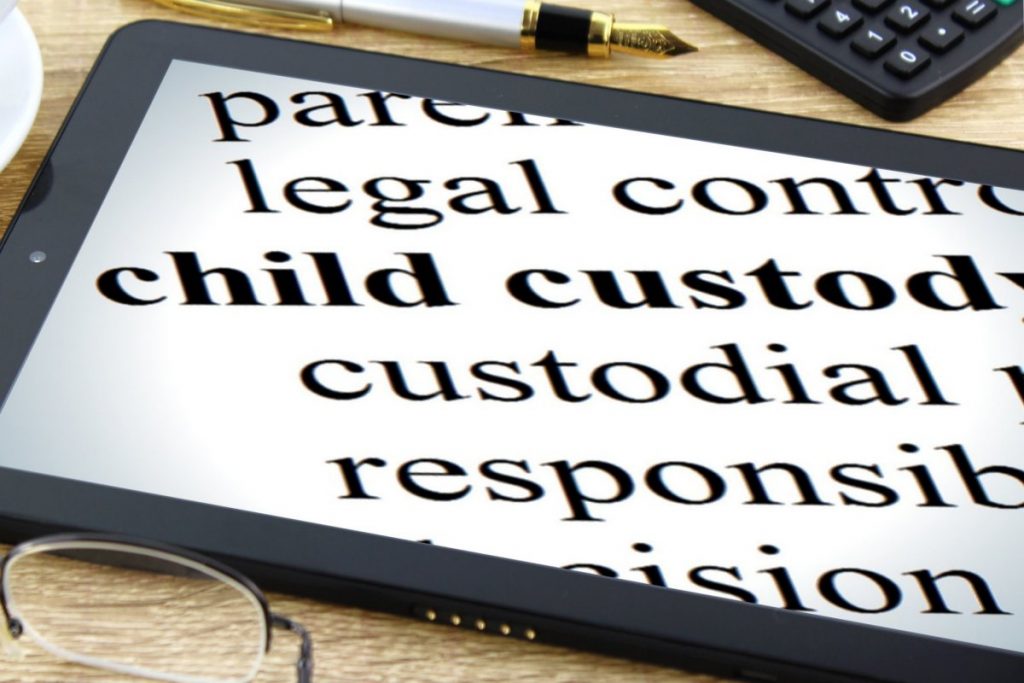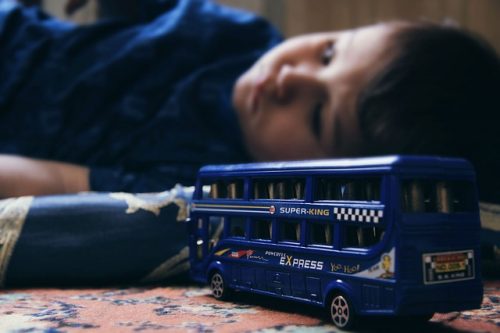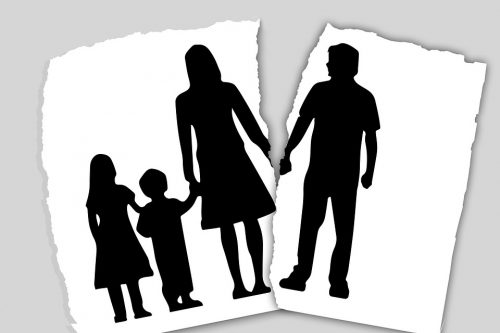Why should a child be caught between warring parents? Why is his innocent mind to suffer the consequences of immature actions and decisions of adults?

It is a heartbreaking scene to see a child coming in front of a judge inside a courtroom, having to choose between his two beloved parents. It’s damaging enough that the two adults are not getting along well, and these adults make things more detrimental to the poor child making him lose one of his parents.
Brainwashing An Innocent Mind
During a custody hearing, the judge will ask the child some questions. So before the child appears in front of a judge, some parents who want to win the case will feed some wrong information on the kid. Parents have this talent for making bad things sound good; some can even go as far as ruining the other parent’s reputation just so they could achieve their selfish goals.
A child’s brain is pure and innocent and can easily be persuaded by trusted adults. You’re teaching your child to think ill of the other parent and at the same time, depriving the child to enjoy the privilege of feeling the love of both parents. What an ironic expression of love for a child – poisoning and feeding lie to his pure, young mind. “Alienation is abetted by the child, who often wants to please a primary caretaker and also has his own unresolved anger and confusion about the divorce,” Samantha Rodman, PhD says.
Negative Effects On The Child
Most children hide their real feelings out of love for their parents. They keep it to themselves as they don’t want to make the problem worse. But this suppression of emotions can have detrimental effects on them, which most parents fail to consider. According to Edward Kruk Ph.D., “The severe effects of parental alienation on children are well-documented—low self-esteem and self-hatred, lack of trust, depression, and substance abuse and other forms of addiction are widespread, as children lose the capacity to give and accept love from a parent. Such adverse long-term results could be:

- The kid feels unloved and unwanted.
- It makes him feel inferior. Shame reduces the child’s self-esteem.
- It ruins the child’s capacity to perceive and evaluate situations and beliefs surrounding his identity, especially on the subject of sexuality and gender identity.
- It may result in him being critical and hard towards himself.
- It can also result in the child becoming a problematic one (learning to bad mouth, telling lies, and starting to rebel).
- It is also one reason why at an early age, some kids develop the tendency of being suicidal.
Cruelty Of Brainwashing And Parental Alienation

Jessie is a product of a home with divorced parents and a victim of parental alienation. Her mother was held back from seeing or even contacting her. Her father told her a myriad of lies as to why her mother is no longer around. Her father fed her young mind with all the drama and false allegations.
When she’s in front of her father, she puts on this mask that she had grown hatred for her mother, too, but deep inside her is this longing to be with her. She did it so as not to disappoint her father who in all fairness has been generous, thoughtful, and caring for her.
Growing up without feeling the care and the touch of a mother, she promised herself that it would never happen to her very own children, that just before she had her own child, she wanted to start with a clean slate.
The grief and the pain she kept inside herself for years and all the questions in her mind were all answered when she finally decided to meet up with her mom. Molly S. Castelloe Ph.D. advises parents that, “Your voice is needed to help the child make sense of another parent’s enraged behavior and gain a more realistic perspective.”
The dark clouds hanging above her head had cleared up. She discovered that she indeed has a very loving and caring mother. It was now all clear to her that her mother didn’t abandon her, but that she was a product of the misunderstanding and wrong decisions of her parents.
They may never recover the lost times, but she still feels blessed to have resolved the problems before it was too late. She and her mom are given another chance to make up for their lost time together.
No couples are perfect, but they can at least consider the welfare of their children before making decisions that may affect their children’s long-term emotional stability. If divorce is the only option left for them, they should at least consider not to be alienated or not to deprive their children of the right to grow up under the love and nurturing of both parents, which is the least divorced parents can do for their kids.
